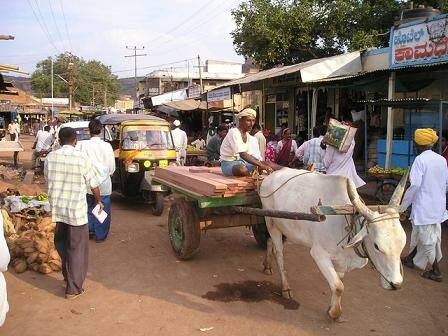There is little doubt about the best way of assessing both the success and potential of the internet to a country’s economy than the level of internet penetration. This is the level of the population who have access to the internet in some form whether from a pc, laptop, tablet or even a smart phone.
For India the number is rising rapidly and many now have access, especially helped by the popularity of mobile phones. The rise of the web has of course been a success story we’re all familiar with yet it’s still continuing – it is estimated that some 5 to 6 billion more people will gain access to the web in the next decade. The whole digital future of the world will begin to be shaped by these people, and it is expected nations like India will have a huge say in that future.
There are a few reasons why it is expected that Indians will have an online impact. It is of course a very populous place, yet many Indians have high aspirations too, in fact many Indians already have turned to the internet as a place to improve their lives.
This is important as although the internet has the potential to improve peoples lives and employment possibilities, it needs people to become ‘producers’ on the web not just ‘consumers’. Simply put although there is great advantage to simply being able to access the internet, it is the people who create content and a web presence who are able to create employment and wealth using it.
The signs are positive, as well as having great aspirations many Indians have a decent education and specifically access to technology educations. Over the years many large tech companies have set up bases in India producing a new generation of web designers, programmers and IT related employment.
Web literacy is therefore well founded and lots of Indians are set up online with a variety of digital based businesses. Usage of tools and digital applications is in many areas quite common place, I found many digital entrepreneurs using the free Smart DNS trial service who someone had recommended. These tools are essential to help build a business in somewhere like India where there are still some built in disadvantages to doing business from there.
For example payment pre-processors are not always available there, whilst Western web businesses can quite happily choose from lots like Paypal, many of these are restricted from India meaning it’s difficult to take payment for goods and services. Using some sort of VPNs/Proxies etc means that no only can they watch UK TV abroad free but also can access resources in other countries without these built in restrictions and compete on a slightly more level playing field.
